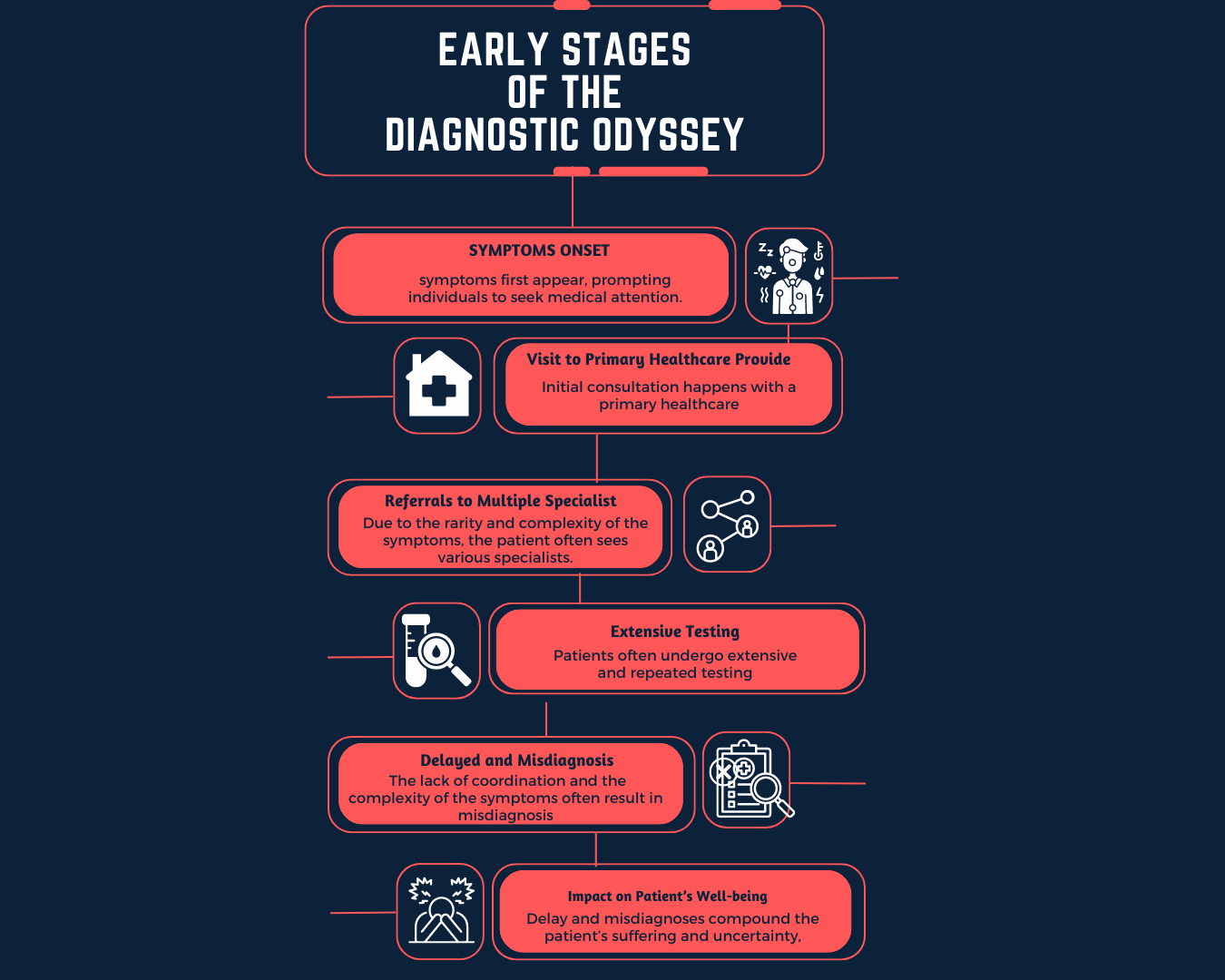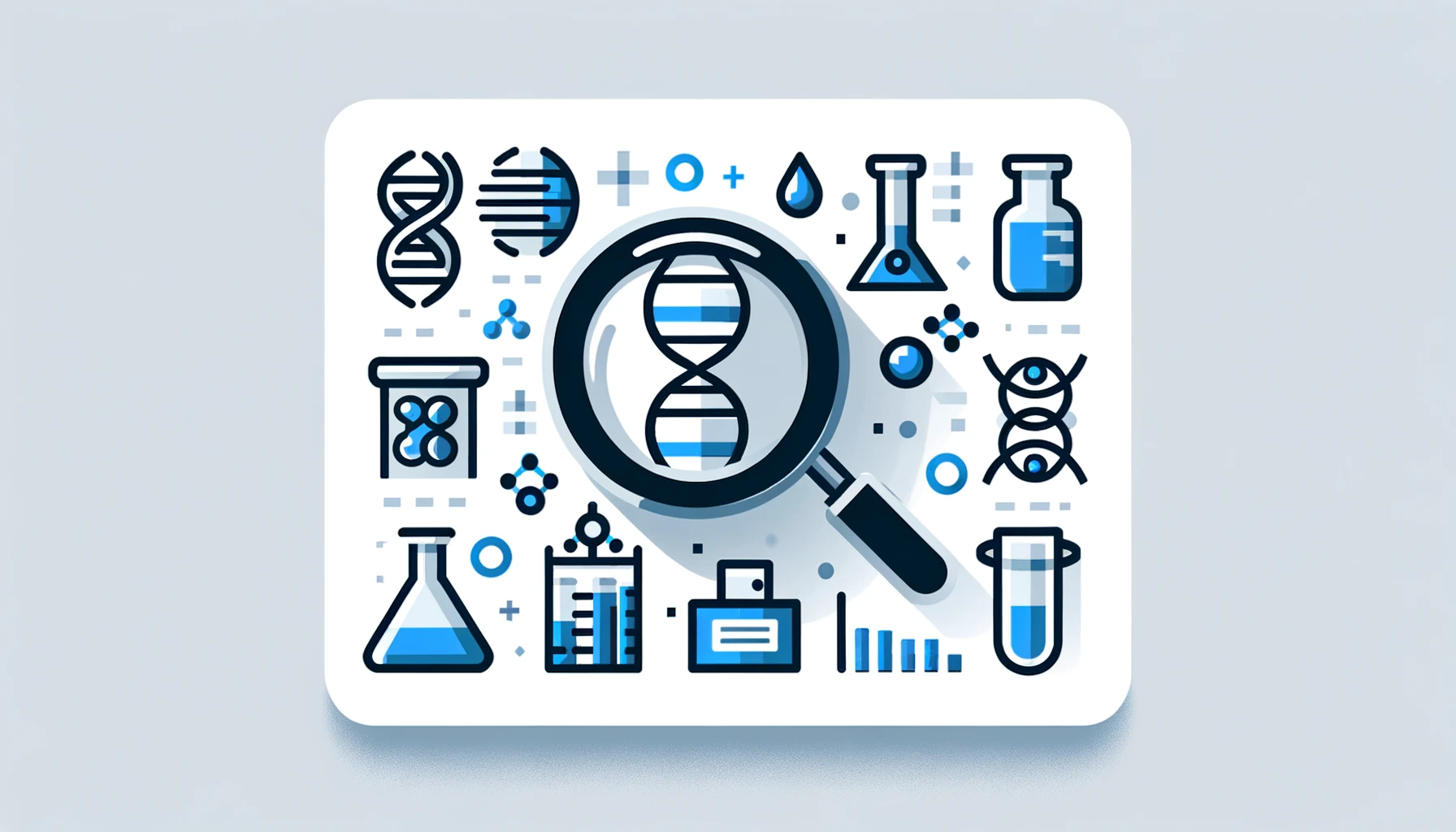Understanding Carrier Screening: A Comprehensive Guide
Carrier screening is a pivotal step in pregnancy planning and family health management. This process involves genetic tests—either via a mouth swab or blood sample—to identify mutations in genes that could lead to health issues in offspring. While the concept of carrying faulty genes can be daunting, it’s important to note that most people carry some form of genetic anomaly without it affecting their own health. The significance of carrier screening lies in its ability to inform prospective parents about the risks of transmitting certain conditions to their children.

What is Genetic Carrier Screening?
Genetic carrier screening is designed to detect the likelihood of passing on inherited conditions.1 This is particularly crucial for conditions where both parents must be carriers for the child to be affected. The screening can be either a blood test or a saliva test, and it checks for mutations in genes that could potentially lead to health problems in a child. It’s a proactive approach for those planning a family or in the early stages of pregnancy, providing valuable information for informed decision-making.
Who Should Consider Carrier Screening?

Guidelines suggest that people planning a family or in their first trimester of pregnancy should consider carrier screening. It’s not mandatory but is recommended as a part of informed family planning. Discussing the pros and cons with a healthcare provider can help make a decision that’s right for you.3
The Process of Carrier Screening
Arranging for genetic carrier screening typically involves a healthcare provider like a doctor, obstetrician, or genetic counselor. They will guide you through the process, from test request to interpreting the results. The screening is usually done in a specialist laboratory, and results can take 2 to 4 weeks to be returned.
Interpreting Results and Next Steps
Understanding the results is crucial. A positive result indicates a risk of being a carrier for a specific condition, which could be passed on to children. This knowledge can lead to further testing or considering alternative methods of conception, like IVF. A negative result, while reassuring, does not guarantee the absence of all genetic conditions.2 It’s important to remember that most people are carriers of at least two severe genetic conditions, although this often has no impact on their health.

Positive Results
A positive result in carrier screening indicates that one or both partners carry a gene mutation that could be passed on to their children. This result is significant, especially if both partners are carriers for the same condition. In such cases, there's a higher risk of having a child affected by the genetic condition. For instance, if both parents are carriers of the same recessive gene, each child they conceive has a 25% chance of being affected by the condition.
Interpreting a positive result requires understanding the specific condition identified and its implications. Genetic counseling is highly recommended in such scenarios to understand the risks, severity, and potential management of the condition.
Negative Results
A negative result means that no mutations associated with the conditions screened for were found. However, it's important to remember that carrier screening doesn't test for all possible genetic disorders. A negative result reduces the likelihood of passing on the tested conditions but does not eliminate the risk of other genetic conditions.
Variants of Unknown Significance (VUS)
Sometimes, carrier screening may identify genetic variants whose impact on health is not clearly understood. These are called variants of unknown significance (VUS). While these results can be unsettling, they often require further investigation and consultation with genetic specialists.
Positive Carrier Status
If one or both partners are identified as carriers, several options can be considered:
- Further Testing: Additional genetic tests, such as prenatal screening or diagnostic tests like amniocentesis or chorionic villus sampling (CVS), may be recommended if you are already pregnant.
- Reproductive Choices: Couples may consider alternative reproductive options, including IVF with preimplantation genetic diagnosis (PGD) to select embryos without the genetic condition.
- Family Planning Decisions: Some couples may reassess their family planning choices, considering adoption or choosing not to have biological children.

Long-Term Implications
Once you have undergone carrier screening, it generally does not need to be repeated in your lifetime unless you have a new partner. It's also worth considering the implications for other family members, as they may also be carriers.4
Carrier screening is an integral part of family planning5, offering valuable insights into genetic risks that could affect future children. It empowers individuals and couples with knowledge, aiding in making informed decisions about conception and prenatal care. While the process can seem overwhelming, understanding the purpose, types, and outcomes of carrier screening can help demystify it, leading to a more informed and optimistic approach to family planning.























